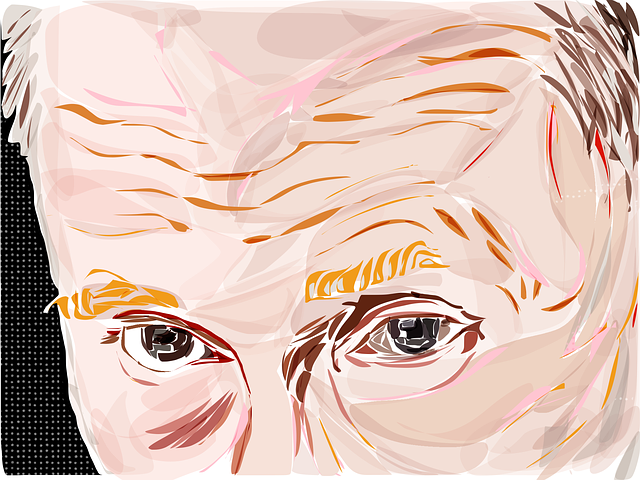
The armed rebellion against Russia’s military establishment of which Vladimir Putin is the supreme commander should be an eye-opener for President Joe Biden and his NATO allies.
It may also add value to Biden’s opportunistic embrace of India’s Narendra Modi because he will need an influential friend in the Global South if serious instability engulfs Russia and throws a pall of insecurity over America’s allies in the European theater.
The wake-up call for Biden is that Russia may be a step away from the chaos of civil war. That would be a disaster for world order and open a Pandora’s Box of challenges for Biden.
Regardless of Putin’s domestic travails, Biden’s increased preoccupation with European security could embolden China’s Xi Jinping to embark on anti-American moves in the Taiwan Straits, Indo-Pacific, Central Asia and the Middle East.
These are very early days but severely disruptive trends cannot be ruled out and must be anticipated. If the disruptions advance, Biden’s foreign policies and trade policies will need all the support he can get from countries outside America’s traditional circle of Western allies, Japan, South Korea and Australia.
Among those countries, Modi is the only leader willingly entering Washington’s embrace despite strident American critics who claim he is backsliding on democracy and religious inclusion.
Modi could emerge as the friend in need for Biden if Russia starts to fall apart and Xi grows his anti-Americanism. He is the only influential leader who has the ear of the Global South, which Biden will need to stabilize the US-led international order or establish a new reformed order.
Almost everything about Yevgeny Prigozhin’s rebellion remains a mystery but it clearly shook Putin to the core. He solemnly compared the Wagner militia’s presence at a critical military base in Rostov-on-Don, including armed columns within 200km of Moscow, to the 1917 revolution that ruined Czarist Russia, created the former Soviet Union and brought communism and civil war to Russia’s people.
Clearly, Putin perceives an existential threat of civil war against which he cannot threaten nuclear weapons since it comes from his own mercenary protégé. There is no clarity yet on whether that threat has been overcome or will return if yet unknown terms of agreement with the warlord are broken.
It is not even clear whether Prigozhin has actually gone into exile in Belarus or will hide there muzzled and friendless. He remains a serious threat because he has openly questioned Putin’s motives for invading Ukraine and accused military leaders of callous disregard for the lives of Russian soldiers.
Despite calling himself Putin’s friend with “no limits”, Xi is unlikely to resist opportunities arising from Russian instability to grab its natural resources and get a tight grip over the central Asian Stans.
Xi held a first-ever summit with the leaders of Kazakhstan, Kyrgyzstan, Tajikistan, Turkmenistan and Uzbekistan last month to tie them ever closer to his trillion-dollar Belt and Road plan for infrastructure, transport and digital security using Chinese technologies.
Longtime partners of Russia, the Stans have moved closer to China since 2014 when Putin came under western sanctions for annexing Crimea. They have been clearly nervous since the invasion of Ukraine because they are also former Soviet possessions.
Washington may not be able to prevent Chinese preponderance in central Asia, which could spread to the nearby Middle East because Saudi Arabia and other wealthy Gulf kingdoms are already pulling away from deference to the US.
Modi is the only major Asian leader who can be trusted to help Biden to counter China’s diplomatic moves to undercut American influence in central Asia and the Middle East because he, too, has several beefs with Beijing.
He is already Biden’s firm partner in the Indo-Pacific. That means he will not countenance anti-American Chinese efforts to dominate Eurasia, the Middle East, Central Asia and South Asia. This is a major strategic gain for Biden.
Biden’s biggest gain is that Modi has turned Delhi away from decades of skepticism about trusting America. Delhi has shown trust by risking the dependence that attends on co-production partnerships with US multinationals in defense, high technology, quantum computing and next generation telecommunication systems like 6G.
If they become operational successfully, Washington will find it much easier to navigate upheavals inside Russia and Chinese opportunism because India would be on its side in repairing the international order.
















